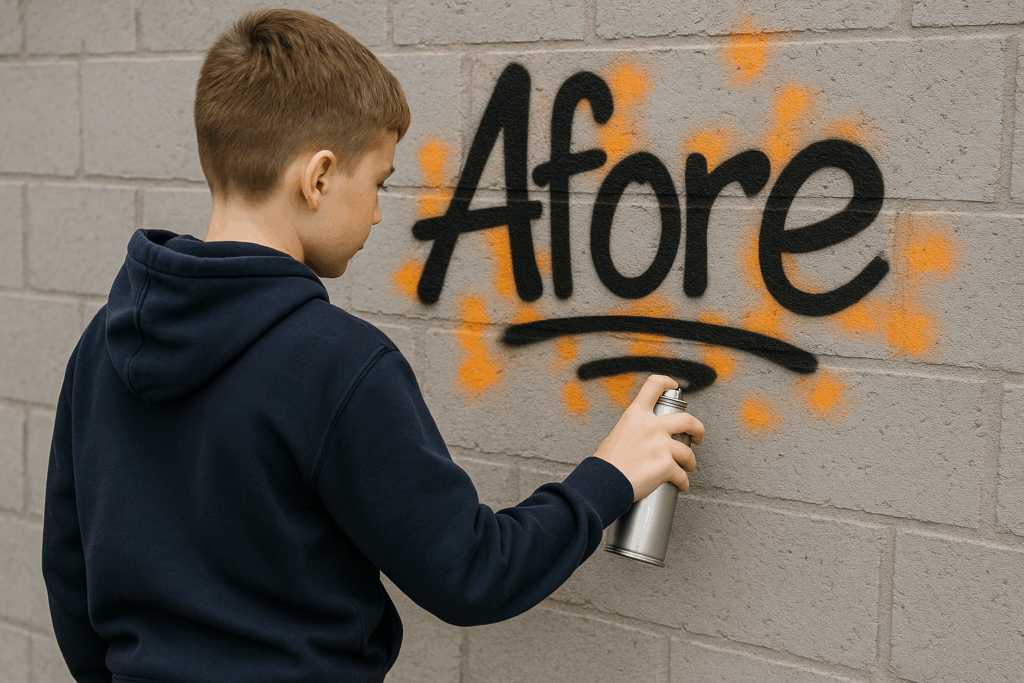Vicarious Liability 101: Are You Responsible for Your Child’s Mistakes?

What You Need to Know About Coverage Through Your Homeowners Insurance
Kids are known for their boundless energy, curiosity—and sometimes, bad judgment. From broken windows to accidental injuries, children can create a range of costly situations. As a parent or guardian, you may assume that insurance will step in, but that’s not always the case. Understanding vicarious liability—and how your homeowners policy may or may not cover it—is essential for protecting your family and your finances.
What Is Vicarious Liability?
Vicarious liability is a legal concept that holds one person responsible for the actions of another. In a household setting, this often means parents or guardians can be held legally and financially responsible for the negligent or wrongful actions of their minor children.
This can apply in many scenarios—especially if the child is under the age of 18 and still living in your home. Even if you didn’t cause the harm, you might be on the hook for the damages.
How Homeowners Insurance Applies
A standard homeowners insurance policy includes personal liability coverage, which may provide protection if you or a family member causes injury or property damage to others.
The good news? Most policies define “insured” to include residents of the household who are relatives, including your children. This means if your child accidentally injures someone or damages someone else’s property, your homeowners liability coverage could help cover:
- Legal fees
- Medical bills
- Repair or replacement costs
- Settlements or judgments against you
However, there are some important limitations and exclusions.
Examples of Vicarious Liability in Action
1. A Baseball Through the Neighbor’s Window
Your 12-year-old is playing catch with a friend in the front yard. One errant throw sends a baseball through the neighbor’s living room window. The neighbor expects you to cover the cost of the damage.
Will your homeowners insurance cover it?
Yes—typically. This is a common scenario that falls under personal liability coverage. The damage was accidental, and the child is a resident relative.
2. Bully Behavior at School
Suppose your child is involved in repeated bullying and ends up injuring another child physically. The injured child’s parents file a lawsuit for medical costs and emotional distress, claiming you were negligent in controlling your child.
Will your homeowners insurance cover it?
Maybe not. Many homeowners policies exclude intentional acts or injuries resulting from criminal or malicious behavior. If your child’s actions are found to be intentional or if you are accused of negligent supervision, your insurance company may deny coverage—especially if it’s a pattern of behavior rather than a one-time incident.
3. A Fire Started by a Curious Child
A child playing with matches in the garage unintentionally starts a fire that damages not only your home but also the neighbor’s adjacent property.
Will your homeowners insurance cover it?
Yes, in most cases. Even though the child started the fire, it was not malicious. The policy should cover damage to your home and your liability for the neighbor’s losses.
When Coverage Might Not Apply
While your policy offers broad protection, here are common reasons claims related to children may be denied:
- Intentional Acts – If a child deliberately causes harm, most policies will not respond.
- Criminal Activity – Damage or injury related to illegal behavior is typically excluded.
- Negligent Supervision Claims – If the claim alleges that you were negligent in supervising your child, coverage may be limited depending on your policy language.
- Non-Resident Children – If the child lives elsewhere (e.g., with a former spouse or at a boarding school), coverage may not apply unless they are still considered a legal resident of your household.
Protecting Yourself
Here are some ways to minimize risk and make sure your coverage works for you:
- Review your policy to confirm who is covered and under what circumstances.
- Consider higher liability limits or a personal umbrella policy, which can provide additional protection above and beyond your homeowners limits.
- Talk to your insurance advisor about any changes in your household or concerns about specific situations.
- Teach children responsibility and safety, especially when it comes to sports, social media, and interactions with others.
Final Thoughts
Raising kids comes with joys and challenges—and sometimes, unexpected liability. While homeowners insurance can provide valuable protection, it’s not a blanket solution. Understanding vicarious liability and knowing where your policy stands will help you avoid costly surprises and stay one step ahead.
If you’re unsure whether your policy covers certain scenarios involving your children, reach out to your insurance advisor. At Afore Insurance Services, we’re here to help you understand your coverage, close any gaps, and make sure your family is fully protected.
